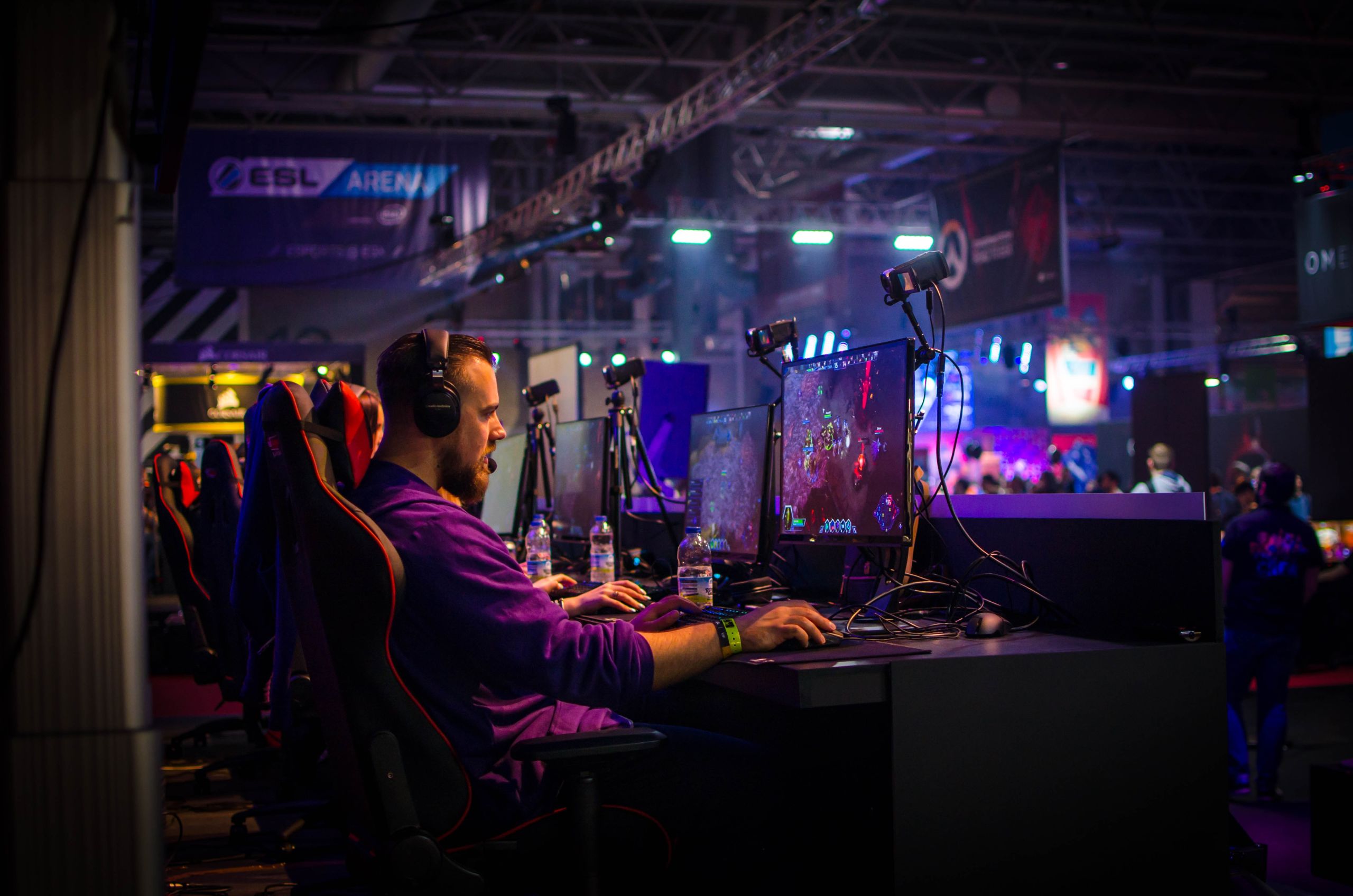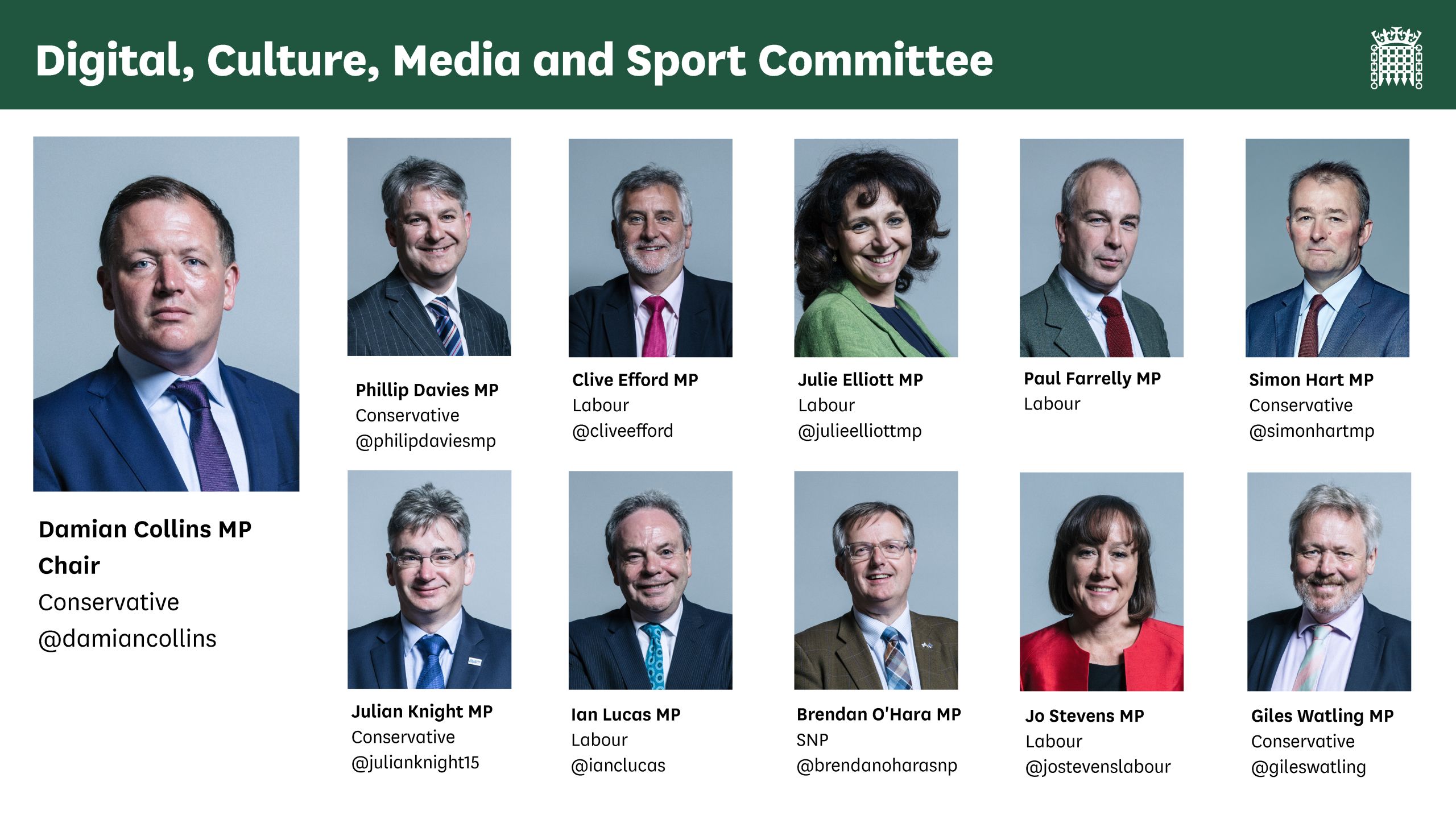What more can be done to protect children from the potential harms of gaming and social media?
Digital platforms like games and social media have the power to capture people’s attention and keep them coming back for more.

The MPs of the Digital, Culture, Media and Sport Committee have been exploring the design and business models behind these data-rich technologies. They have also heard about the harms experienced by people who struggle to maintain control over their use of—or spending on—online platforms.
For their inquiry into ‘immersive and addictive technologies’, MPs took evidence from the games companies behind Fortnite, FIFA, Candy Crush and others. They also heard from Snapchat, Instagram and YouTube about the design of their platforms.
As the Government develops its legislation on online harms, the Committee argues that games and social media companies need to recognise and uphold their duty of care to users.
Gaming Disorder

MPs heard from people who played games to such an extent that it damaged their university studies and relationships. They were told by experts that excessive gaming can mean "a withdrawal from real life".
The Committee recommends that the Government develops a strategy to support independent research into the effects of gaming. They should also require games companies to pay a levy and share data to support a better understanding of gaming disorder.
Loot Boxes

Gamers who contacted the Committee expressed frustration at features like loot boxes. MPs heard concerns about people spending more than they could afford on in-game purchases, and the links between loot boxes and problem gambling.
The Committee argues that until there is robust evidence that no harm is being done by exposing children to gambling-like features in games, the precautionary principle should apply. It recommends that loot boxes are not sold to children in games.
Age restrictions

Games and social media companies alike said that there is no effective system for enforcing age limits on their platforms. MPs are concerned that companies have not been proactive enough in tackling this problem, which means young people may be exposed to inappropriate content.
The Committee also recommends that legal requirements to prevent age-restricted games being sold to children in shops are extended to online distribution.
The Government must now respond to our report
Our report, Immersive and addictive technologies, was published on Thursday 12th September 2019, and the Government has two months to respond to our recommendations.
Detailed information from our inquiry can be found on our website.
If you’re interested in our work, you can find out more on the House of Commons DCMS Select Committee website. You can also follow our work on Twitter.
The House of Commons Digital Culture Media and Sport Select Committee is a cross-party committee of MPs that scrutinises government policy.

